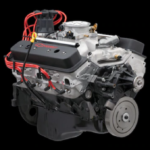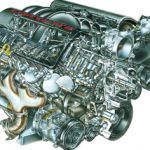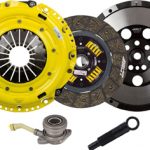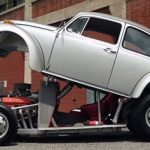SEMA: RPM Act Reintroduced In US Senate
Now is the Time for Congress to Pass Legislation to Save Our Racecars —
SEMA President & CEO Chris Kersting today praised U.S. Senators Richard Burr (R-NC) and Joe Manchin (D-WV) along with 24 original cosponsors for reintroducing S. 2602, the Recognizing the Protection of Motorsports Act of 2019 (RPM Act). This bipartisan bill protects Americans’ right to convert street vehicles into dedicated racecars and the motorsports parts industry’s right to sell products that enable racers to compete.
The RPM Act confirms that transforming motor vehicles into racecars used exclusively for competition does not violate the Clean Air Act. This American tradition was unquestioned for nearly 50 years until 2015 when the EPA took the position that converted street vehicles that compete on the track must remain emissions-compliant, even though they are not driven on public streets or highways. The EPA also maintains that the equipment used to transform a street vehicle into a racecar is prohibited.
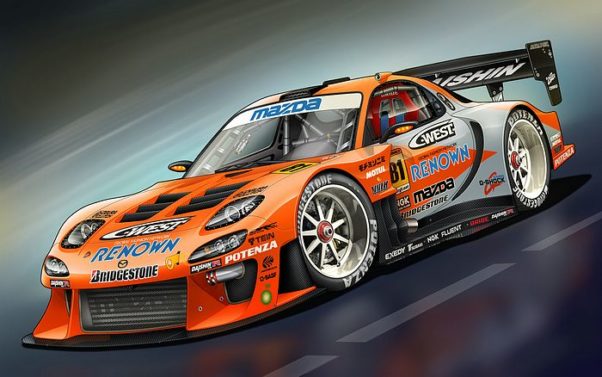
“SEMA looks forward to working with Congress to enact the RPM Act and make permanent the Clean Air Act’s original intention that race vehicle conversions are legal,” said Kersting. “We thank Senators Burr and Manchin for reintroducing a bill that will protect businesses that produce, install and sell the parts that enable racers to compete.”
The RPM Act cleared several major legislative hurdles in the previous Congress, including passage by the U.S. House Energy and Commerce (E&C) Committee. The bill also received hearings in both the House and Senate, which underscored the importance of motorsports as a great American pastime and economic stimulus in communities across the country. Lawmakers were able to find a pathway to consensus on the language of the bill last session, positioning it to become law in the 2019-2020 Congress.
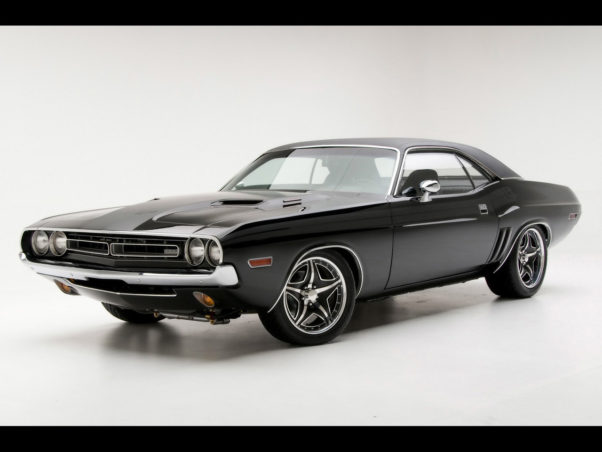
“American racing runs on traditions,” said Senator Burr. “For more than 50 years, motorsports enthusiasts have purchased cars and modified them to race, off of public roads. However, this tradition was threatened when the Obama EPA attempted to make these modifications illegal. This legislation upholds Congress’ intent of the Clean Air Act and protects motorsports, for professionals and amateurs alike, for years to come. I’m proud to work with my colleagues on this bipartisan legislation, and I look forward to seeing it move through the Senate.”
Motorsports competition involves tens of thousands of participants and vehicle owners each year, both amateur and professional. Retail sales of racing products make up a nearly $2 billion market annually. A majority of the estimated 1,300 racetracks operating across the U.S., including oval, road, dirt and off-road tracks, feature converted race vehicles that the EPA now considers to be illegal.
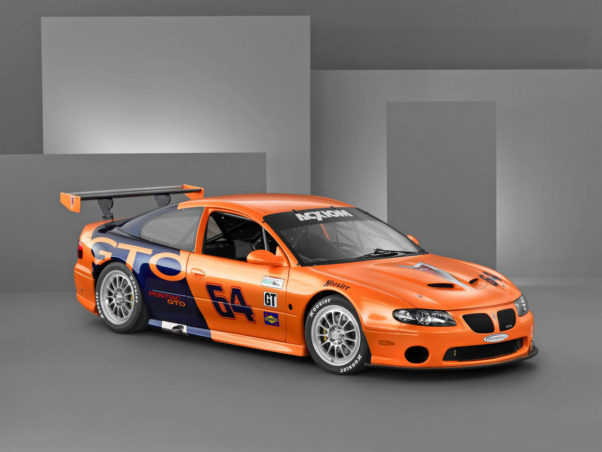
“A big part of the fun of motorsports is the tradition of modifying regular cars into racecars,” said Senator Manchin. “This legislation upholds amendments to the Clean Air Act that exempt modified vehicles and racecars from certain environmental regulations, protecting motorsports for years to come. I am proud to be a part of this bipartisan bill and look forward to the boost it will give to motorsports.”
It is important that members of Congress hear from the racing and automotive enthusiast communities about the importance of passing the RPM Act into law during this session of Congress. To write a letter to your U.S. Senators, visit RPM.
